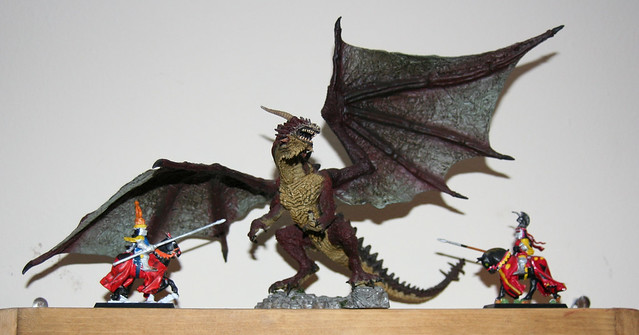So I was reading a book, and came across this:
“And whatever each man believed in he hammered
at steadily, without skepticism: and there was a time when the Established
Church might have fallen, and the House of Lords nearly fell. It was because
Radicals were wise enough to be constant and consistent; it was because
Radicals were wise enough to be Conservative.” —G.K. Chesterton, Orthodoxy
Conservative. Conservative radicals. Radical
conservatives. Radical.
How interesting—their radicalism changed the
world because their radicalism did not change. What an intriguing idea—only
constancy can bring about change.
William Wilberforce knew it; he worked
tirelessly for over a decade to bring about a stop to the slave trade. He tried
different tactics to do it, but the main driving force, what gave him power,
and the end goal was always the same: end the suffering of those involved in
the slave trade. Period.
“But,” one (minorly annoying) critic may say,
“Wilberforce changed his approach a million times!” (at this natural break I
would point out that this minorly annoying critic was exaggerating. Ignoring
me, the critic would continue) “How can you call that constant?”
To that I say this: he never changed his
purpose. And he never changed who he was. He got to be a better version of
himself, and he did get sick along the way, but he didn’t change who he was—his
ideals, and his desire to stop the evil he could from being practiced. In the
movie about him, Amazing Grace, he said, “I didn’t change! I never
change!” And it’s true. If you attach your purpose and goals to eternal truths,
you won’t need to change them. You will most certainly have to change yourself.
The most nefariously evil villans are the ones who are bent on one specific evil scheme.
The most nefariously evil villans are the ones who are bent on one specific evil scheme.
Constantly changing your goals, or worse yet,
the ideals and purpose on which your goals are based, makes it hard to plug at
hard problems long enough to be able to actually change things in a permanent
way.
So what? Why does it matter that in order to
change we need constancy?
Well, it doesn’t really matter unless we want
change. What's worth being constant enough and changing yourself? And being dedicated enough to a cause, deep enough to plug forward until it's accomplished?

